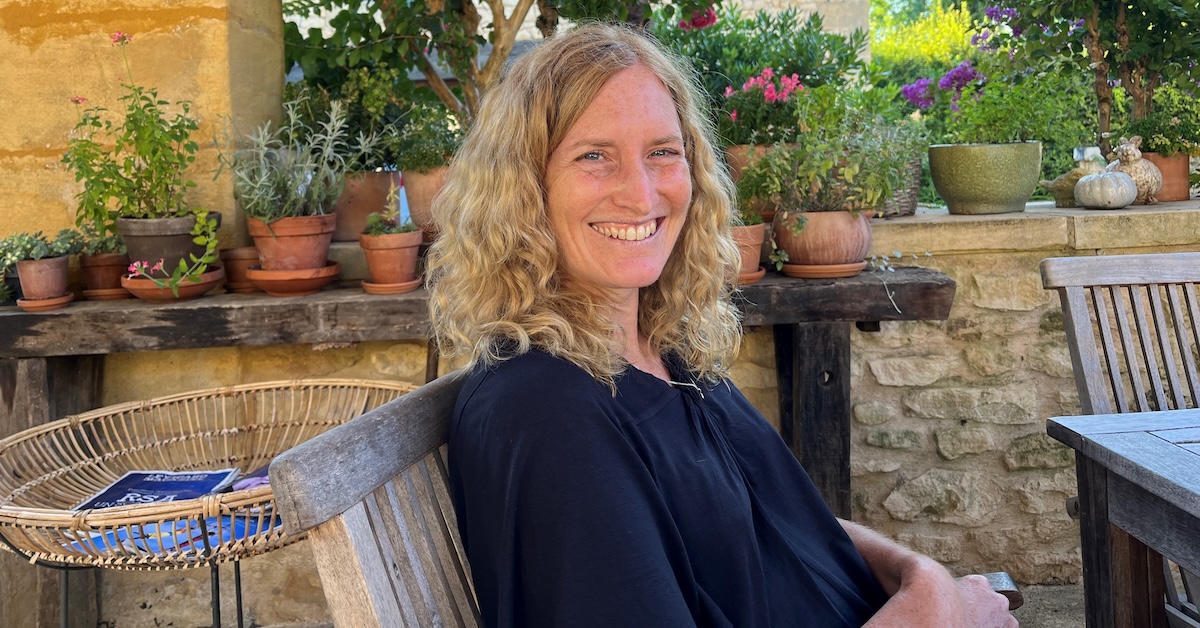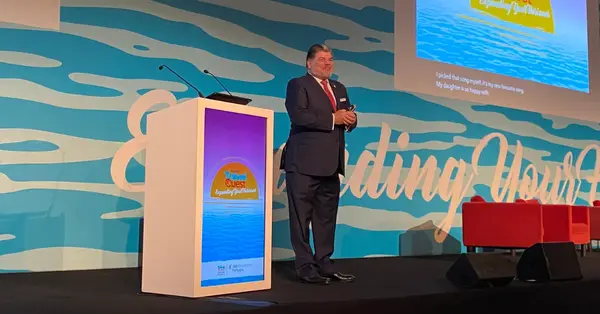You are viewing 1 of your 2 free articles
Agents seeing consistent spend growth amid revival of package holidays
Travel agents have seen year-on-year rises in transaction value and volume with spending on travel growing consistently since 2021, research released by Barclays today (Thursday) reveals.
The growth has come as consumers refresh their travel habits following a decade dominated by ’DIY’ bookings, despite macro shocks leading to a sharp decline in confidence in the UK economy - from 45% in 2015 to 24% in May 2025.
Airlines and agents have both seen renewed demand, with the latter seeing significant growth over the last four years, Barclays found.
More recently, savvy holidaymakers are propping up the resurgence of the package holiday, following a golden era of ‘DIY’ booking.
The data shows how major events and cultural shifts, such as Brexit, cost-of-living concerns, Covid lockdowns and the rise of Gen Z have transformed financial priorities. It explores the trends that have defined consumer behaviour and spending patterns, documenting how the travel sector has bounced back post-Covid.
The pandemic fundamentally changed how people value their time outside work, turning holidays from occasional treats into emotional essentials, the bank noted.
The Barclays ’10 Years of Spend’ report notes a resurgence in package holidays with more than a quarter (26%) of holidaymakers now preferring this option, rising to 38% of under-35s, driven by demand for value, convenience and consumer protections.
Almost half of consumers (49%) also value holidays more than they did a decade ago, and a third (33%) now dedicate a greater share of their income to getaways.
As many as 38% use social media as inspiration and guidance on international travel, the report noted.
Turkey has climbed from eighth in 2019 to fifth place in the list of most popular destinations for UK consumers, reflecting both the renewed focus on package holidays and the rise of the country’s aesthetics and beauty industry. Spain and France remain the most popular destinations followed by the US and Italy.
Entertainment and travel have both outperformed retail subcategories in recent years, with the exception of beauty, which has continued to go from strength-to-strength. All three are among the strongest performing non-essential categories post-pandemic, according to the report.
It shows that growth in annual spend on travel stood at 5% last year, but down on the 15.5% level seen in 2023, 105.4% in 2022 and 10.2% in 2021.
The report, which analyses billions of customer transactions and over 200,000 surveys, is designed to provide a decade-long view of how major economic events and cultural shifts have redefined UK spending behaviour.
Barclays head of hospitality & leisure Rich Robinson said: “The typical holiday has undergone a remarkable transformation since the start of the pandemic.
"While the DIY holiday once reigned supreme, we’re now seeing a resurgence in the popularity of package holidays and travel agents, particularly among younger travellers. This shift reflects a growing desire for value, convenience, and stress-free planning.
“Holidays have become more than just a luxury - they’re now seen as essential escapes, with consumers prioritising meaningful experiences and rethinking how they spend to make the most of their time away.”
Barclays head of retail Karen Johnson added: “Ten years’ worth of analysis tells us that while confidence in the UK economy has declined, UK households’ confidence in their ability to manage their money has remained strong, translating into the impressive performance of categories such as travel, entertainment and beauty.
“The last decade has brought unprecedented levels of disruption. Amid all the highs and lows – from rising bills, job insecurity and a fluctuating global and national economy.
“It is encouraging to see that through purposeful spending, consumers continue to prioritise the things that bring them joy, unlocking the potential for UK economic growth.”
The bank’s chief UK economist Jack Meaning said: “We often get caught up in analysing the current moment, especially in light of the major economic shocks and gyrations of recent months. However, this report reminds us of the importance of taking a step back, providing a view of the bigger picture over the last decade.
“Recent trade developments are not the only headwind that UK consumers have weathered recently.
“The global outlook remains weak, uncertainty continues, and expectations for the year ahead are muted. But this data shows that consumers and their spending patterns have always evolved in response to macro shocks, and will likely do so again.”


















